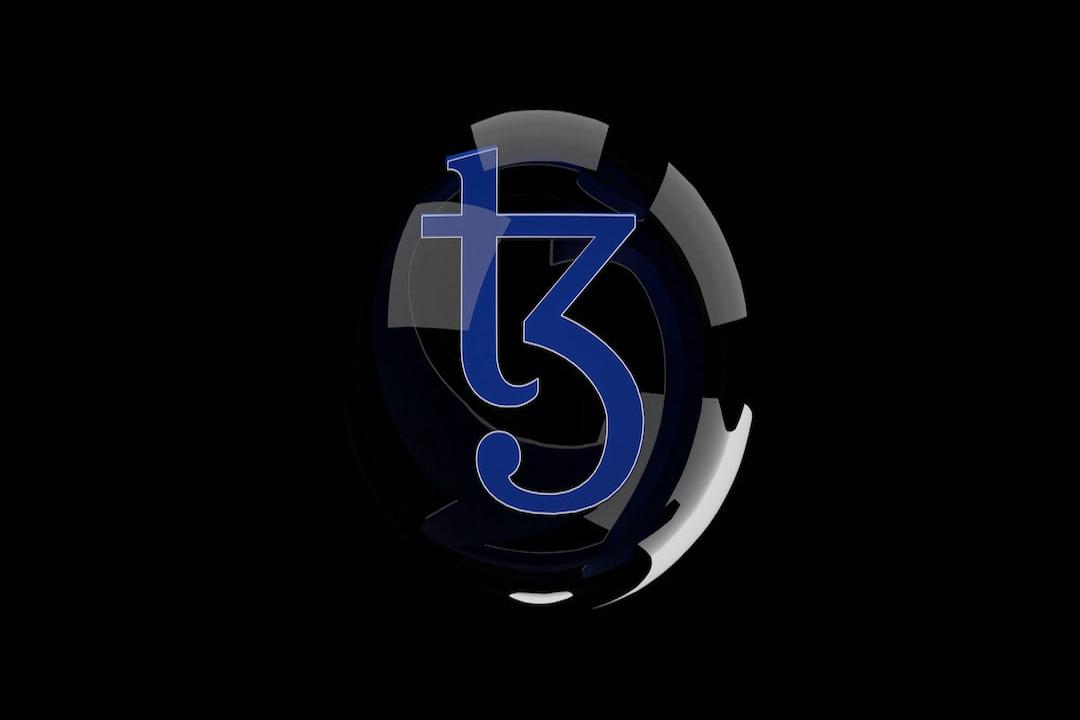What Happened?
The overseas exchange XT.com recently announced a strategic cooperation agreement with the well-known Taiwanese hardware wallet brand CoolWallet. However, CoolWallet’s founder, Ou Shimai, subsequently issued a public statement explicitly denying any cooperation with XT.com and accusing XT.com of “theatrical antics,” alleging that they printed logos and impersonated CoolWallet employees for the signing ceremony.
The public denial from CoolWallet’s founder directly exposes the non-existence of the claimed cooperation by XT.com, and this “fake signing” controversy has dealt a devastating blow to XT.com’s integrity and brand image. In the highly trust-dependent cryptocurrency industry, any false publicity or deceptive behavior could lead to user attrition and trigger legal and regulatory risks.
This incident is not merely a dispute between two companies; it highlights the severe challenges the cryptocurrency market faces regarding information transparency, behavioral norms, and compliance. When exchanges are accused of false advertising or even “fake signings,” it severely undermines investor confidence in the entire industry and may prompt regulatory bodies to intensify scrutiny of cryptocurrency platforms to ensure market fairness and order.
CoolWallet Exposes XT.com’s “Fake Signing” Behind the Scenes
On May 17, 2025, the overseas cryptocurrency exchange XT.com held an event in Taipei, originally intending to showcase its ambition and commitment in the Taiwanese market. However, a grandly announced “strategic cooperation signing” ceremony was later publicly refuted by the “partner” – the well-known Taiwanese hardware wallet brand CoolWallet – whose founder directly accused XT.com of “fake signing,” sparking a significant uproar in the cryptocurrency industry.
The starting point of this controversy was a press release issued by XT.com. The release detailed the first partner briefing and signing ceremony held at the Beitou Lihpao Hotel, emphasizing the formal cooperation agreement signed with CoolWallet at 4 PM. XT.com claimed in the press release that both parties would engage in in-depth cooperation regarding user asset security and anti-money laundering compliance, even looking forward to continuously deepening this cooperation in the future to optimize the security architecture supported by hardware wallets.

According to the introduction on XT.com’s official website, it is a global cryptocurrency exchange established in 2018 and registered in Seychelles, Africa; while CoolWallet is a well-known cryptocurrency hardware cold wallet brand issued by the blockchain security organization KooCoin Technology based in Taiwan. However, CoolWallet’s founder, Ou Shimai, took to social media to issue a statement, clearly stating: “Our company has no cooperation with XT.com. It seems to be a full theatrical performance, printing our logo and impersonating our employees for the signing ceremony and issuing a press release to the media.”
In the photo from the press release, the screen prominently displays “Strategic Cooperation Signing Ceremony,” along with the brand logos of XT.com and CoolWallet.
Potential Impact of the “Fake Signing” Incident
This “fake signing” controversy not only casts a shadow over XT.com’s brand image but could also damage the trust in the entire cryptocurrency industry. First, integrity issues arise. If XT.com indeed published cooperation news and even held a “fake signing” ceremony without KooCoin Technology’s consent, this would severely damage its reputation in the market. In a financial field that heavily relies on trust, any deficiency in integrity could lead to user attrition and even attract the attention of regulatory bodies.
Secondly, legal risks are likely unavoidable. Unauthorized use of another’s brand logo and impersonating employees during signing could violate trademark laws, fraud statutes, and even involve legal liabilities related to false advertising. CoolWallet, as the injured party, has the right to take legal action to protect its rights.
Furthermore, the rupture of partnership relations. Even if XT.com wishes to cooperate with CoolWallet in the future, this “fake signing” incident has nearly eliminated any possibility of future collaboration. Additionally, this may also lead other potential partners to doubt XT.com, resulting in lost opportunities for cooperation.
Lastly, challenges in industry standards and regulation. Such incidents highlight that the Taiwanese cryptocurrency market still needs to strengthen its information disclosure and behavioral norms. Regulatory bodies may enhance scrutiny of cryptocurrency exchanges due to such incidents to ensure market fairness and transparency.
CoolWallet subsequently issued an official statement indicating that some third parties in the market claim to have a cooperative relationship with CoolWallet. To protect user rights and avoid misunderstandings, all formal partner information is based on announcements made on the CoolWallet App Marketplace and the official website.
At the same time, CoolWallet urged users to verify partner information through the aforementioned official channels before using services to safeguard their asset security and rights.
In response to CoolWallet’s public statement, XT.com has yet to provide an official response. However, as the situation continues to develop, XT.com must handle this matter swiftly and transparently to salvage its reputation to the greatest extent possible.
KooCoin Technology, in addition to publicly clarifying the facts, must also evaluate whether to take further legal action to defend its brand image and legal rights.

